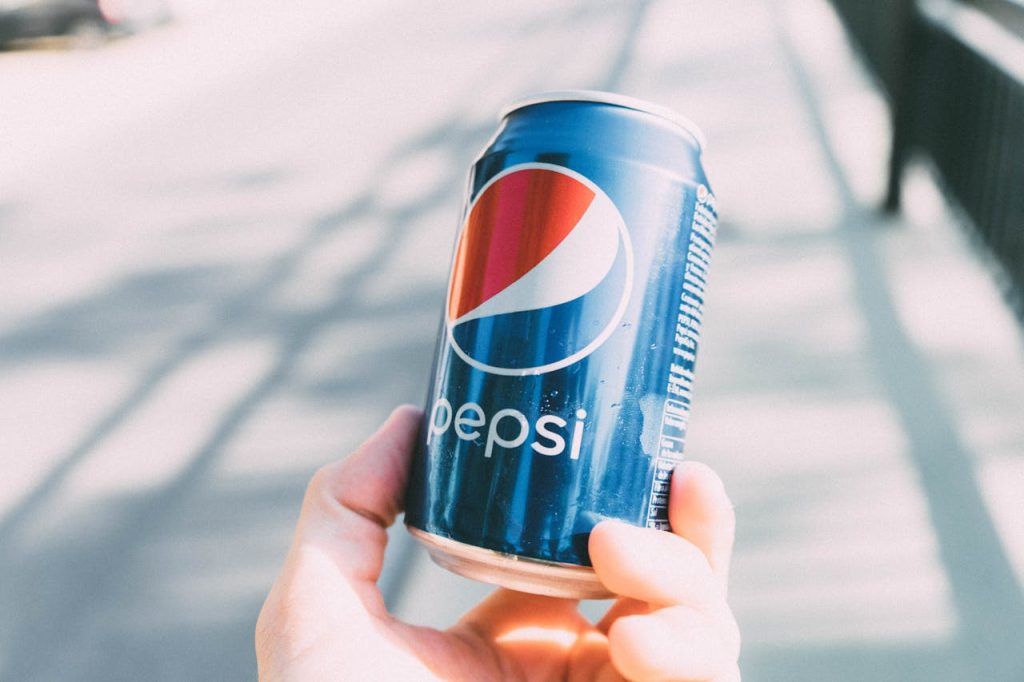
In today’s hyper-connected world, a brand’s reputation can be built—or destroyed—overnight. With social media amplifying every message, companies are under more scrutiny than ever before. One wrong political move can spark outrage, alienate loyal customers, and even lead to financial ruin. For business owners, investors, and everyday consumers, understanding how brand reputation is affected by political missteps is crucial. Not only does it help you make smarter choices and offers valuable lessons on what not to do when navigating the intersection of business and politics.
Let’s dive into six real-world examples of brands that made the wrong political move and lost everything. Along the way, you’ll find practical advice to help you protect your own brand reputation—no matter what challenges come your way.
1. Pepsi’s Kendall Jenner Ad: A Tone-Deaf Attempt at Activism
In 2017, Pepsi released an ad featuring Kendall Jenner that attempted to tap into the energy of social justice movements. Instead, it trivialized serious issues by suggesting that a can of soda could solve deep-rooted societal problems. The backlash was immediate and fierce, with critics accusing Pepsi of co-opting activism for profit. The company quickly pulled the ad and issued an apology, but the damage to its brand reputation lingered for months. The lesson here? If you’re going to take a stand on political or social issues, make sure your message is authentic and respectful. Otherwise, you risk alienating your audience and undermining your brand reputation.
2. Gillette’s “The Best Men Can Be” Campaign: Dividing the Customer Base
Gillette’s 2019 campaign aimed to address toxic masculinity and encourage men to be better. While some praised the brand for taking a stand, others felt alienated and accused Gillette of attacking its core customer base. The ad sparked heated debates online, and sales reportedly took a hit in the months that followed. When a brand’s reputation is built on decades of tradition, a sudden political pivot can feel jarring to loyal customers. The takeaway? Know your audience and anticipate how they’ll react before making bold political statements.
3. MyPillow: CEO’s Political Activism Backfires
MyPillow, once a household name for comfort and affordability, saw its brand reputation plummet after CEO Mike Lindell’s vocal support of controversial political claims. Major retailers dropped the brand, and sales nosedived. While personal beliefs are one thing, tying your company’s identity to divisive political movements can have lasting financial consequences. If you’re a business owner, remember that your actions and words reflect your brand reputation. Sometimes, staying neutral is the best way to protect your bottom line.
4. Goya Foods: Endorsement Sparks Boycotts and Backlash
In 2020, Goya Foods’ CEO publicly praised a sitting president, sparking both boycotts and “buycotts.” While some customers rallied in support, many others felt betrayed and vowed never to buy Goya products again. The brand reputation of Goya, which had been built over generations, suddenly became a political battleground. The practical lesson? When your customer base is diverse, taking sides in polarizing political debates can fracture your audience and erode trust.
5. Target’s Bathroom Policy: A Costly Stand
Target made headlines in 2016 by announcing that customers and employees could use the bathroom that matched their gender identity. While the move was praised by some, it also triggered widespread boycotts and a significant drop in store traffic. Target’s brand reputation took a hit, and the company reportedly spent millions on security and store modifications. The key takeaway? Even well-intentioned political moves can have unintended financial consequences. Before making a public stand, weigh the potential impact on your brand reputation and customer loyalty.
6. Dove’s Racially Insensitive Ad: A Lesson in Oversight
Dove, a brand known for promoting real beauty, faced a major backlash in 2017 after releasing an ad that appeared to show a Black woman turning into a white woman. The ad was widely condemned as racially insensitive, and Dove quickly apologized. However, the incident damaged the brand reputation it had worked so hard to build. This example highlights the importance of diverse perspectives in marketing teams and the need for careful review before launching any campaign. Protecting your brand reputation means being vigilant about how all audiences will receive your message.
Protecting Your Brand Reputation in a Polarized World
The stories above show just how fragile brand reputation can be in today’s polarized climate. Whether you’re running a small business or managing a global brand, the stakes are high. The best way to safeguard your brand reputation is to stay true to your core values, understand your audience, and think carefully before wading into political waters. If you choose to take a stand, ensure it’s authentic, well-researched, and considerate of all stakeholders. Remember, your brand reputation is one of your most valuable assets—protect it wisely.
What do you think? Have you ever stopped supporting a brand because of a political move? Share your thoughts in the comments below!
Read More
The Financial Advisor Hall of Shame: 10 Moves That Scream Don’t Hire Me
Can Money Fix a Broken Relationship?
The post These 6 Brands Made the Wrong Political Move—and Lost Everything appeared first on The Free Financial Advisor.







